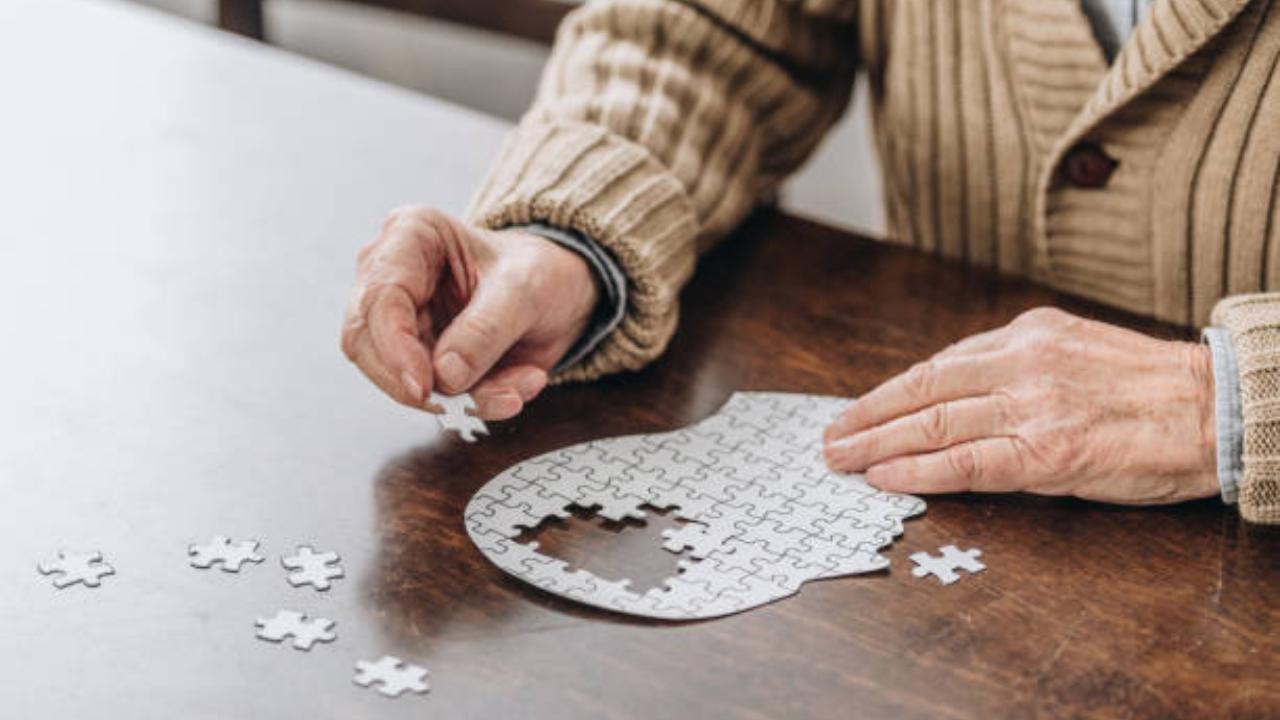Loneliness is a major risk factor that increases the risk of dementia by over 30 per cent, regardless of age or gender

Image for representational purposes only (Photo Courtesy: iStock)
Loneliness is a major risk factor that increases the risk of dementia by over 30 per cent, regardless of age or gender, a review of 21 long-term studies involving over six lakh participants worldwide has found.
ADVERTISEMENT
Loneliness, which involves one feeling dissatisfied with their social relationships, was also linked with symptoms preceding the stage of being diagnosed with dementia, such as cognitive impairment or decline.
Both conditions affect decision-making, memory and thought process. However, dementia's symptoms are severe enough to interfere with one's daily functioning.
The psychological state of feeling disconnected from society is now widely regarded as a risk factor for ill-health, even though studies have shown that loneliness cannot directly cause the disease.
"Dementia is spectrum, with neuropathological changes that start decades before clinical onset. It is important to continue studying the link of loneliness with different cognitive outcomes or symptoms across this spectrum," Martina Luchetti, an assistant professor at Florida State University, and lead author of the study published in the journal Nature Mental Health, said.
Aspects of psychological wellbeing such as lacking purpose in life or feeling like there are fewer opportunities for personal growth were found to have noticeably declined three to six years before a diagnosis of mild cognitive impairment. The result was published in August in the Journal of Neurology Neurosurgery and Psychiatry.
In this study, loneliness was found to increase overall risk of dementia by 30 per cent, risk of Alzheimer's disease by 39 per cent, vascular dementia by 73 per cent and cognitive impairment by 15 per cent.
Alzheimer's disease is caused by accumulation of proteins in brain, which is thought to cause cell death, while vascular dementia is caused by damage to brain's blood vessels.
The findings can help identify sources of loneliness to support the well-being and cognitive health of ageing adults, Luchetti said.
The authors acknowledged that the study included subjects largely from the western world. They called for future research to look at data from other countries, including low-income ones, where cases of the ageing-related conditions are rising.
"We know there are rising cases of dementia in low-income countries. Future studies need to gather more data from those countries to evaluate what are the effects of loneliness in different national and cultural contexts," Luchetti added.
This story has been sourced from a third party syndicated feed, agencies. Mid-day accepts no responsibility or liability for its dependability, trustworthiness, reliability and data of the text. Mid-day management/mid-day.com reserves the sole right to alter, delete or remove (without notice) the content in its absolute discretion for any reason whatsoever
 Subscribe today by clicking the link and stay updated with the latest news!" Click here!
Subscribe today by clicking the link and stay updated with the latest news!" Click here!







